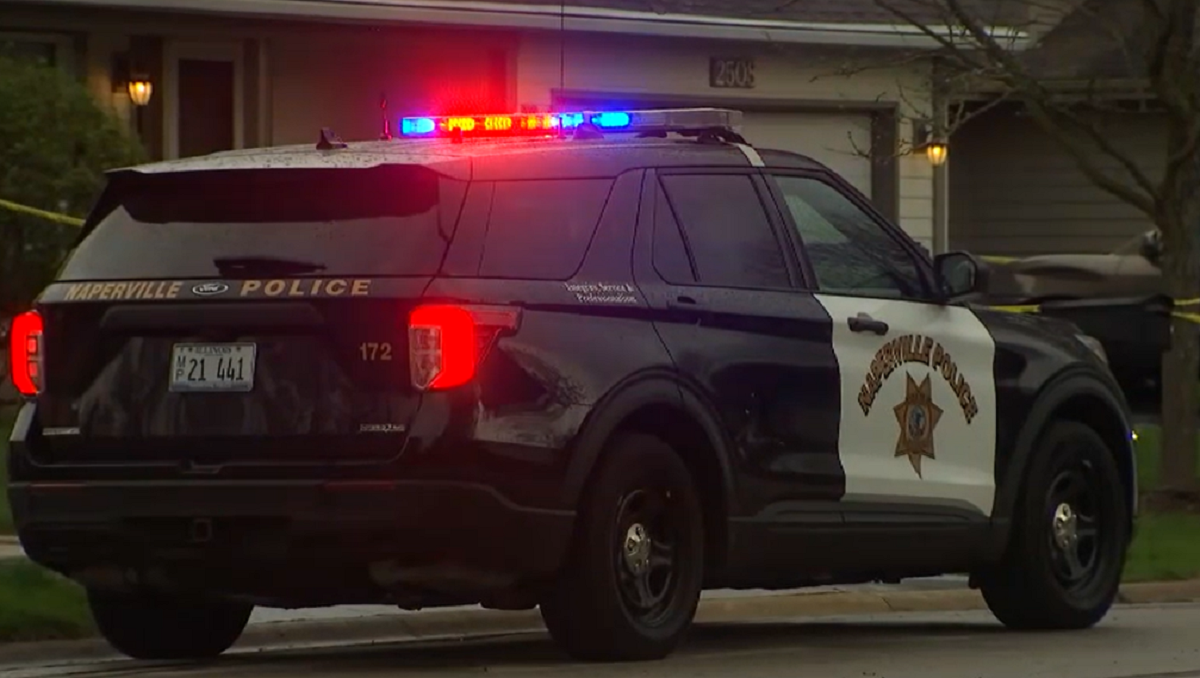
A state appeals court ruled that former Chicago Police officer Anthony Abbate can’t collect a city pension after he was convicted of battery for attacking a Northwest Side bartender in 2007.
While Abbate was off-duty when he kicked and punched Karolina Obrycka in a drunken rage, a three-judge panel found that Abbate felt his status as a cop gave him impunity to act however he wanted and that he used his connections on the force to try to avoid arrest.
The ruling issued Monday overturns a Cook County judge’s finding that Abbate was entitled to his pension because there was no clear link between his job and the assault, a beating that was captured on security video.
Abbate was convicted of aggravated battery in 2009 and sentenced to probation, and subsequently fired from CPD. A federal jury awarded Obrycka $850,000 from the city, finding that Abbate’s fellow officers tried to protect him during the investigation of the crime, and that the code of silence among officers encouraged misconduct.
Feeling out of the loop? We'll catch you up on the Chicago news you need to know. Sign up for the weekly Chicago Catch-Up newsletter here.
Abbate filed paperwork with the pension board to collect his pension in 2018, when he turned 50. The board ruled the following year that he was disqualified from receiving benefits, but was entitled to a refund of pension contributions made during his slightly more than 12 years on the force. Abbate would have been eligible for payments of $539 per month.
Cook County Judge Anna M. Loftus ruled in 2019 that the board had not established a clear link between the crime that cost Abbate his job and his status as a police officer, a ruling the appellate panel found “erroneous.”
“Looking at the totality of the evidence presented before the [pension] board, Abbate’s felony conviction for aggravated battery was related to or connected with his service as a policeman,” Appeals Court Judge Aurelia Pucinski wrote, citing evidence introduced in Abbate’s federal civil rights trial, including that Abbate assaulted two different bar patrons in separate incidents before he attacked Obrycka, and that no one contacted police.
Local
“While he was at the bar, he announced that he was a Chicago police officer and repeatedly displayed his ‘muscles’ to the other bar patrons. After these two physical assaults, no one called the police to report Abbate’s misconduct. When he was beating Obrycka, he announced that ‘nobody tells me what to do.’”
Police who arrived at the bar after the attack left while the bar owner was downloading security video of the assault. Phone records showed Abbate called his partner 13 times in the hours after he fled the bar, and also called an officer who was related to a lieutenant in the 25th District, where the attack took place. According to testimony in the civil rights trial, days after the assault, another bartender who was friendly with Abbate delivered a threat that if Obrycka and the bar owner didn’t give Abbate the video, he would plant drugs on bar staff and have customers arrested for driving while intoxicated.
Obrycka’s lawyer, Terry Ekl, said he had been puzzled by the initial court ruling that would have granted Abatte his pension.
“The ruling of the circuit court judge is impossible to reconcile with the facts of the case,” Ekl wrote in an email to the Sun-Times. “A tremendous amount of evidence was presented in the federal civil rights case to demonstrate his use of his position as a police officer to attempt to cover-up his beating of Ms. Obrycka. The Appellate Court decision corrects the erroneous decision in the trial court to provide Abbate with a taxpayer-funded pension.”
The lawyer who handled Abatte’s appeal, Ralph Licari, did not respond to requests for comment.



